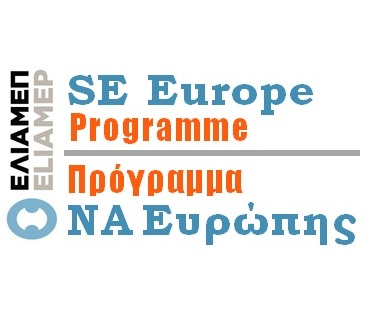 The international deployment in Kosovo in 1999 initiated the most ambitious peacebuilding project ever designed, as a multitude of international organizations under the auspices of the UN assumed full administrative responsibility for the post-conflict reconstruction of this war-torn former Yugoslav constituency. However, fifteen years later, and while Kosovo declared unilaterally its independence in 2008, the security situation in Northern Kosovo is highly fragile, as protracted insecurity continues to undermine any efforts for development. Nowadays, much of the current debate regarding the situation in Northern Kosovo focuses on the roles of EULEX and the Kosovo Police, as well as on the bilateral negotiations between Kosovo and Serbia. However, Working Paper 48/2014 authored by Dr Giorgos Triantafyllou argues that in order to understand better the persisting insecurity in Northern Kosovo, it is essential to look back in 1999, and examine the decisions that were taken by KFOR, which was the sole provided of security in Kosovo at the time. The main argument of this paper is that thesecurity first approach of peacebuilding – which led to KFOR being granted full operational independence on the ground – coupled with the various national caveats inside KFOR, resulting in decisions that became the sources of protracted insecurity in Northern Kosovo. To uproot this insecurity, it requires not only a considerable amount of time, but also a clear and firm understanding of the mistakes that were made during the early years of international administration in Kosovo.
The international deployment in Kosovo in 1999 initiated the most ambitious peacebuilding project ever designed, as a multitude of international organizations under the auspices of the UN assumed full administrative responsibility for the post-conflict reconstruction of this war-torn former Yugoslav constituency. However, fifteen years later, and while Kosovo declared unilaterally its independence in 2008, the security situation in Northern Kosovo is highly fragile, as protracted insecurity continues to undermine any efforts for development. Nowadays, much of the current debate regarding the situation in Northern Kosovo focuses on the roles of EULEX and the Kosovo Police, as well as on the bilateral negotiations between Kosovo and Serbia. However, Working Paper 48/2014 authored by Dr Giorgos Triantafyllou argues that in order to understand better the persisting insecurity in Northern Kosovo, it is essential to look back in 1999, and examine the decisions that were taken by KFOR, which was the sole provided of security in Kosovo at the time. The main argument of this paper is that thesecurity first approach of peacebuilding – which led to KFOR being granted full operational independence on the ground – coupled with the various national caveats inside KFOR, resulting in decisions that became the sources of protracted insecurity in Northern Kosovo. To uproot this insecurity, it requires not only a considerable amount of time, but also a clear and firm understanding of the mistakes that were made during the early years of international administration in Kosovo.
ELIAMEP working paper deals with KFOR and the provision of security in Northern Kosovo
▾



